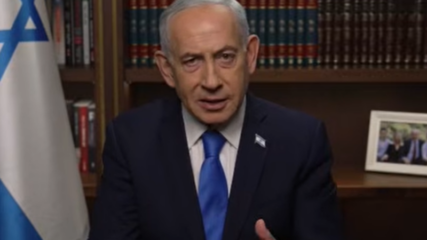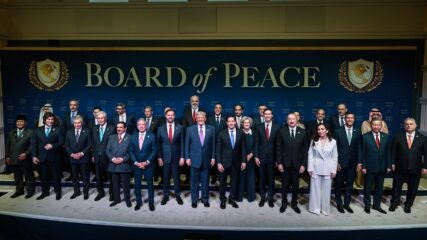July 7, 1969
U.N. Secretary-General U Thant warns the Security Council that he is considering withdrawing the 96 U.N. observers from the Suez Canal zone because a state of “open warfare” exists there.
He reports that as of July 5, the last day for which he has information, Egypt and Israel had fired across the canal for 86 consecutive days. In June, U.N. personnel were fired on 21 times by Egyptian forces and five times by Israeli troops, making the U.N. soldiers “defenseless targets in a shooting gallery.” He says the situation also appears to be deteriorating along the cease-fire line between Jordan and Israel, which lacks U.N. observers. Not only is the violence the worst it has been since the Six-Day War in June 1967, Thant says, but the situation represents the worst disregard ever for a Security Council cease-fire agreed to by the warring parties.
What becomes known as the War of Attrition began March 8 with an Egyptian offensive against Israeli forces on the canal’s eastern bank. The attack was part of Egyptian President Gamel Abdel Nasser’s strategy to exhaust Israel’s military and undermine its economy by forcing reserves to maintain canal positions under continual fire.
A cease-fire in August 1970 ends the War of Attrition but does not lead to peace negotiations, and Egypt launches a full war in October 1973 with the support of Syria.









